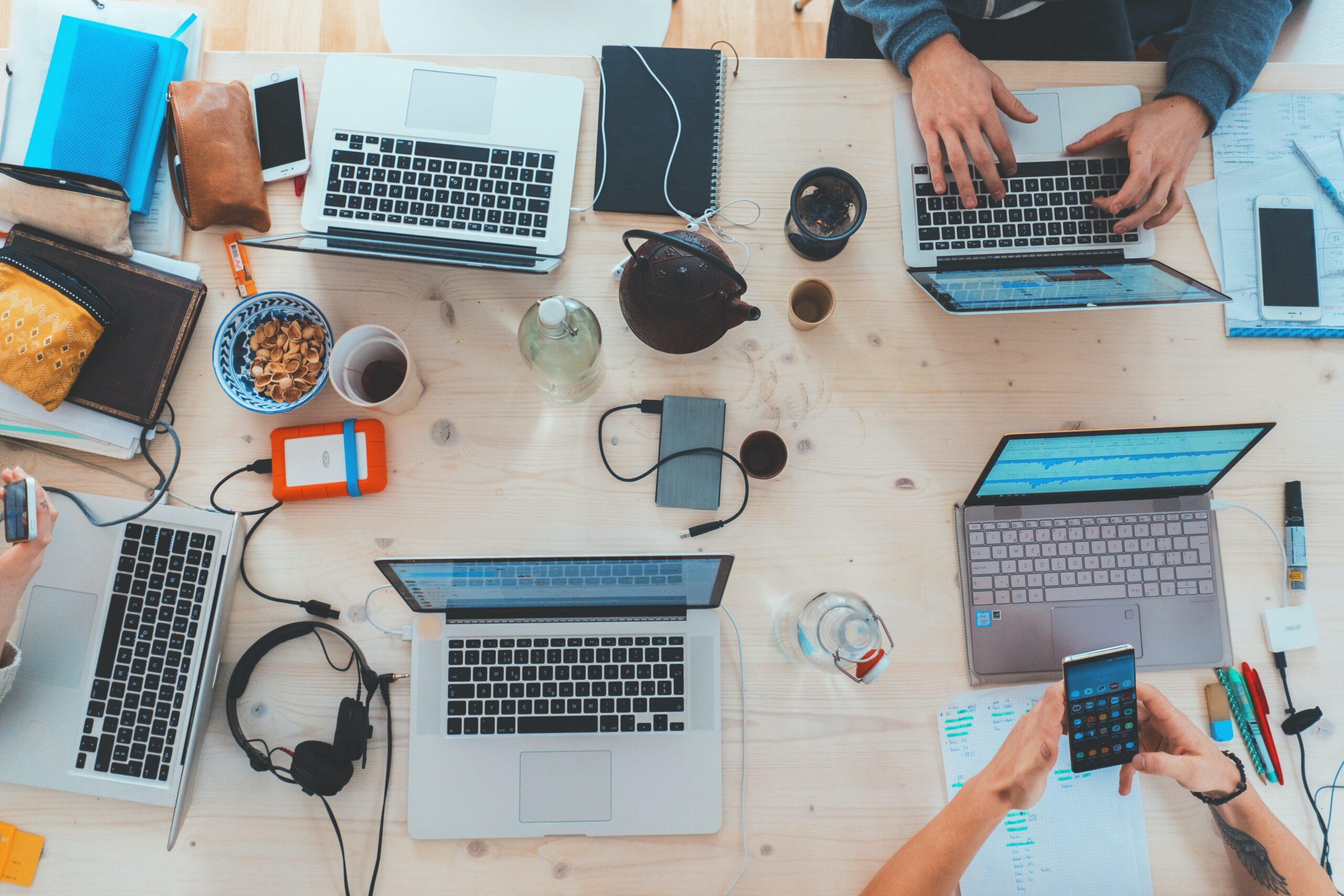Growing up in a generation where I witnessed and will continue to witness the integration and evolution of technology has been an intriguing experience. During my early years, I recall watching movies on cassette tapes or CDs, using a chunky Windows computer at home, memorizing numbers, and relying on a landline. I grew up with the routine of watching regular cable TV. Although some of these activities still persist, there have been numerous technological advancements since then. With these advancements came the integration of technology into the classroom.
However, a pressing concern among educators and professors is how to manage on-task behavior when cell phones and computers can be significant distractions. The debate over banning these devices at the college level has raised concerns, as highlighted in John Warner’s article, “Rethinking My Cell Phone/Computer Policy.” In response to a tweet, Sara Goldrick-Rab emphasizes, “Classrooms aren’t prisons. Undergrads aren’t children. Respect them, earn it back.”
Warner argues, “Hmm – as a college prod, I respectfully disagree. You can’t check Facebook or play video games on a pencil.” Both professors make valid points, and, like many situations in life, there needs to be a middle ground. Warner concludes by negotiating with his students and reminding them that the 75 minutes of class time are more important than what is happening in the digital world. However, distractions are inevitable, whether they involve a tech screen or not.
Moreover, the discourse on using technology while multitasking is a topic of interest with serious implications. It’s surprising to learn that multitasking can have significant effects on the brain and be detrimental, as discussed in Travis Bradberry’s article, “Multitasking Damages Your Brain and Career, New Studies Suggest.” The article notes, “People who are regularly bombarded with several streams of electronic information cannot pay attention, recall information, or switch from one job to another as well as those who complete one task at a time.”
As a current student, this information resonates with me because when I attempt to multitask, I struggle with concentration, organization, and attention to detail, as mentioned in the article. In conclusion, limiting distractions and focusing on the task at hand may be the best approach not only for the professor but also for the well-being of the students.
More by me:





Leave a Reply